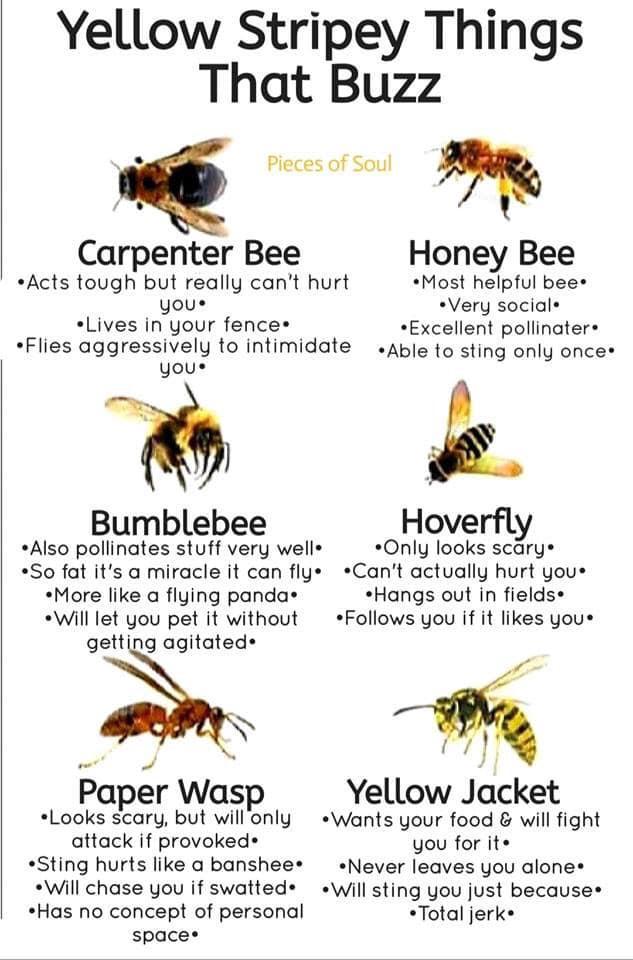What do Bees do in Winter?
What do bees do in winter?
Without blankets, fires, or adjustable thermostats, honeybees have to stick together pretty closely to stay warm (and alive) in the winter. When temperatures in the winter drop below 10 °C, honeybees retreat to their hives and form a winter cluster to keep warm—sort of like a giant three-month slumber party.
The fate of the hive depends on how sufficiently the winter population has prepared for the cold. To survive and keep warm, the hive must have a robust population of winter-ready bees, plentiful stores of honey to eat, and a secure hive.
A successful winter cluster is made up of a generation of bees with different physiological characteristics from those of the summer population—bees that are a bit more plump to keep up the heat and have a longer lifespan to last the whole winter (4–6 months instead of only a few weeks). The queen will stop laying if food supplies get low to conserve stores.
On warm winter days some bees will venture out in search of winter flowers and pollen. they also leave the hive to poop as the like to keep the hive clean.
Wasps and bumblebees on the other hand all die off except for the queen who will go into hibernation until spring.

⚠️ DOGS DIE IN HOT CARS. If you love them, don't leave them. ⚠️
It's a message we share time and time again, and this year, we're calling on you to help us spread that message further.
Did you know that calls to SPCA about dogs left inside hot cars made up a whopping 11% of all welfare calls last summer? This is a completely preventable issue, and one which is causing hundreds of dogs (often loved pets) to suffer.
Here are some quick facts to share with the dog owners in your life:
👉 The temperature inside a car can heat to over 50°C in less than 15 minutes.
👉 Parking in the shade and cracking windows does little to help on a warm day. Dogs rely on panting to keep cool, which they can't do in a hot car.
👉 This puts dogs at a high risk of heatstroke - a serious condition for dogs, with a mortality rate between 39%-50%.
👉 It is an offence under the Animal Welfare Act to leave a dog in a hot vehicle if they are showing signs of heat stress. You can be fined, and prosecuted.
SPCA has created downloadable resources to help you spread the message even further. Posters, a flyer, and a social media tile can be downloaded from our website here: www.spca.nz...
We encourage you to use these - and ask your local businesses to display the posters if they can. Flyers can be kept in your car and handed out as needed.
This is a community problem, and one we cannot solve alone. Help us to prevent more tragedies this summer by sharing this post.
On behalf of the animals - thank you ❤️

Wander more, worry less
Few things in life are as enriching as the thrill of travel or the camaraderie among friends. At Ryman’s Bert Sutcliffe Village in Auckland, a group of intrepid travellers have combined the two.
It all began when Bert Sutcliffe Village resident Marie began arranging evenings at the theatre for her neighbours. The theatre enthusiasts soon became close friends and as their friendships developed so did their adventures, expanding their horizons to include long lunches, winery tours, group dinners and adventurous holidays in New Zealand and overseas.
Click read more for the full story.

New year new garden
Need a garden tidy? We
Can help- made a start over Christmas but need it finished we can help
Call now
0272420951







 Loading…
Loading…